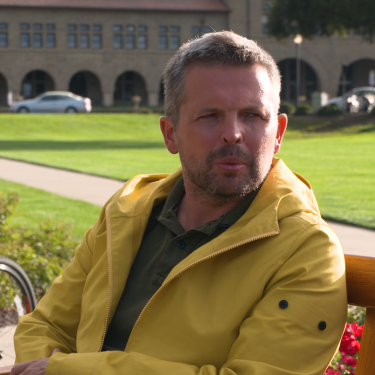Proekt is first Russian media outlet to be declared “undesirable”

Reporters Without Borders (RSF) is concerned for the future of investigative journalism in Russia now that the authorities have begun using a new weapon against media outlets – adding them to the list of “undesirable organisations.” The leading investigative news website Proekt had to suspend operations immediately when it became the first media outlet to suffer this fate on 15 July. RSF urges the authorities to remove it from the list.
Читать на русском / Read in Russian
Created by a 2015 law, the list of “undesirable organisations” had until now been reserved for NGOs. Russian prosecutor-general Igor Krasnov added Proekt to the list in response to a complaint by the head of the Federal Project on Security and Anti-Corruption, a pro-government organisation that accused Proekt of being funded and controlled by the US congress.
Being added to the list forced Proekt to terminate operations at once in order to protect its staff. Under the 2015 law, Russian citizens who participate in the activities of an “undesirable organisation” can be fined up to 500,000 roubles (5710 euros), or can be sentenced to between one and four years in prison or to hundreds of hours of forced labour.
Proekt dared to publish revelations about President Vladimir Putin’s third daughter and about property owned by Chechen leader Ramzan Kadyrov’s third wife. On 29 June, three of its journalists were subjected to searches which, they said, were prompted by an investigative report about interior minister Vladimir Kolokoltsev’s property and family. Proekt’s “undesirable” classification came shortly after it published a joint investigative report about illegal logging in Siberia for sale to Ikea via Indonesia.
“This decision sets a dangerous precedent for investigative journalism in Russia and could end the incredible surge it has enjoyed in recent years,” said Jeanne Cavelier, the head of RSF’s Eastern Europe and Central Asia desk. “The use of this new repressive tool comes as the authorities continue to orchestrate the gradual disappearance of independent media outlets. We urge the justice ministry to withdraw Proekt from the ‘undesirable organisations’ list, whose sole aim is to prevent the media from serving as a fourth estate in Russia.”
On the same day, 15 July, Proekt editor-in-chief Roman Badanin, four other Proekt journalists and three journalists with Radio Svoboda (the Russian branch of US-funded Radio Free Europe/Radio Liberty) and Open Media (an opposition outlet linked to exiled businessman Mikhail Khodorkovsky) were added to the “foreign agents” list.
This listing means that anything they publish in the media must carry the ignominious “foreign agent” label in large letters and that they must provide the authorities with detailed regular statements of their income and expenditure, even down to the purchase of a toothbrush.
The “foreign agents” label, which can be slapped on media outlets as well as individual journalists, also drives away advertisers, as the very popular news website Meduza found in May. Media that refuse to use the label after being added to the list face heavy fines and the threat of closure, as seen with Radio Svoboda.
Press freedom advocates can also be added to the “undesirable organisation” list. Komanda 29, a coalition of lawyers and journalists who defend freedom of expression, was declared “undesirable” shortly after Proekt. Its website was blocked and it was accused of hosting documents published by an “undesirable” Czech organisation – a charge it disputes.
Komanda 29’s director, the lawyer Ivan Pavlov, has been defending Ivan Safronov, a former Kommersant investigative reporter who has been held for the past year on a treason charge for which no evidence has been produced. He is facing a possible 20-year sentence.
Russia is ranked 150th out of 180 countries in RSF's 2021 World Press Freedom Index.



